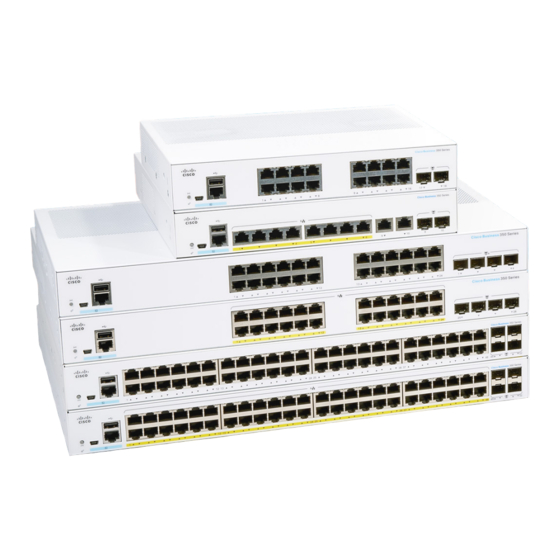Safety Information for the Cisco Aironet Workgroup Bridge
The FCC with its action in ET Docket 96-8 has adopted a safety standard for human exposure
to radio frequency (RF) electromagnetic energy emitted by FCC certified equipment. Cisco
Aironet products meet the uncontrolled environmental limits found in OET-65 and ANSI
C95.1, 1991. Proper operation of this radio according to the instructions found in this manual
and the users guide on the Cisco Aironet Workgroup Bridge product CD will result in user
exposure that is substantially below the FCC recommended limits.
•
Do not touch or move antenna(s) while the unit is transmitting or receiving.
•
Do not hold any component containing the radio such that the antenna is very close or
touching any exposed parts of the body, especially the face or eyes, while transmitting.
•
Do not operate a portable transmitter near unshielded blasting caps or in an explosive
environment unless it is a type especially qualified for such use.
•
Do not operate the radio or attempt to transmit date unless the antenna is connected; if not,
the radio may be damaged.
•
Antenna use:
— Always orient a di-pole antenna such that it is at least 6 inches (15 cm) away from your
body.
— High-gain, wall-mount or mast-mount antennas are designed to be professionally
installed and should be located at a minimum distance of 12 inches (30 cm) or more
from your body. Please contact your professional installer, VAR, or antenna
manufacturer for proper installation requirements.
— Warning for laptop users: In order to comply with the FCC RF exposure limits, it is
recommended when using a laptop with a PC client adapter, that the adapter's
integrated antenna should not be positioned closer than 2 inches (5 cm) from your
body or nearby persons for extended periods of time while it is transmitting (or
operating). If the antenna is positioned less than 2 inches (5 cm) from the user, it is
recommended that the user limit exposure time.

